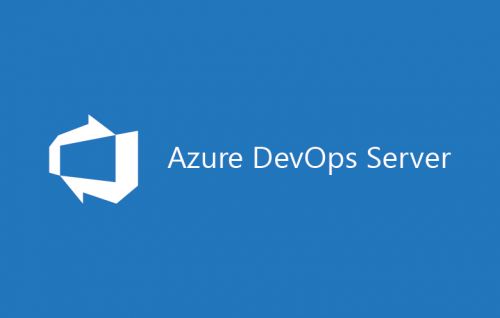Azure DevOps Service vs Own Server
In this article, we will compare Azure DevOps Service and Own Server to help you make an informed decision about which platform is best suited for your development workflow.
-
OS Windows 2019 or 2016
-
Low Ping to Best Data-centers
-
NVMe fast disks
-
You may use MS SQL or IIS
-
Work with MetaTrader
-
Start your own Proxmox Server
Full money back guarantee 7 days
Azure DevOps Service
Azure DevOps Server
Choosing the Right Platform for Your Needs
When deciding between Azure DevOps Service and Server, several factors come into play. One of the key considerations is your organization's preference for cloud-based solutions versus on-premises infrastructure. Azure DevOps Service offers the advantage of easy scalability, automatic updates, and seamless integration with other Azure services. On the other hand, Azure DevOps Server gives you complete control over your data and infrastructure, allowing for customization and adherence to strict compliance regulations.
Another factor to consider is the size and complexity of your development projects. Azure DevOps Service is well-suited for teams of all sizes, offering a scalable and collaborative environment. It provides a wide range of services and built-in integrations that support modern development practices such as agile methodologies and DevOps principles. Azure DevOps Server, on the other hand, may be more suitable for larger enterprises or organizations with specific security and compliance requirements.

Conclusion
Choosing between Azure DevOps Service and Own Server depends on your organization's specific needs and preferences. Azure DevOps Service offers the advantages of cloud scalability, seamless integration with Azure services, and a collaborative environment. Azure DevOps Server provides on-premises control, customization options, and strict data governance.
By evaluating your development workflow, project requirements, and infrastructure considerations, you can determine which platform aligns best with your organization's goals. Whether you choose Azure DevOps Service or Server, Microsoft provides powerful tools to enhance your development process and drive successful project outcomes.
Own Dedicated Servers Pricing:

START-64
32 Gb RAM DDR4
2x Disks 2 Tb HDD or 512 Gb SSD
Dedicated phisical machine
Including White Public IP address
Full system admin support

OPTIMAL-64
64 Gb RAM DDR4
2x Disks 512 Gb SSD
Dedicated phisical machine
Including White Public IP address
Full system admin support

OPTIMAL-128
128 Gb RAM DDR4
2x Disks 1024 Gb SSD NVMe
Dedicated phisical machine
Including White Public IP address
Full system admin support

INTEL-i5-64
Max Turbo Frequency 4.8 GHz
Cores-14 Threads-20
64 Gb RAM DDR4 (3200 Mhz)
2x 512 Gb SSD NVMe Gen4
Dedicated phisical machine
Including White Public IP address
Full system admin support

INTEL-i9-139
Max Turbo Frequency 4.8 GHz
Cores-24 Threads-32
64 GB DDR5 ECC RAM
2x 960 GB NVMe SSD Datacenter
Dedicated phisical machine
Including White Public IP address
Full system admin support

Ryzen 7950
Max Turbo Frequency 4.8 GHz
Cores-16 Threads-32
128 GB DDR5 ECC RAM
2x 1.92 TB NVMe SSD Datacenter
Dedicated phisical machine
Including White Public IP address
Full system admin support
..more configurations
| price from | CPU \ RAM \ DISKS DRIVES of Dedicated Server |
|---|---|
130 euro | CPU AMD Ryzen 9 5950X \ 128 GB DDR4 ECC RAM \ 2x Disks 3.84 TB NVMe SSD |
120 euro | CPU Intel® Core™ i9-12900K \ 128 Gb RAM DDR4 \ 2x Disks 960 GB NVMe SSD |
120 euro | CPU AMD EPYC 7502P \ 128 GB DDR4 ECC RAM \ 2x Disks 960 GB NVMe SSD |
165 euro | CPU AMD EPYC 7401P \ 256 GB DDR4 ECC RAM \ 2x Disks 960 GB NVMe SSD |
160 euro | CPU Intel® Xeon® Gold 5412U \ 256 GB DDR5 ECC RAM \ 2x Disks 1.92 TB NVMe SSD |
250 euro | CPU AMD EPYC 7401P \ 512 GB DDR4 ECC RAM \ 2x Disks 960 GB NVMe SSD |
350 euro | CPU AMD EPYC 7502P \ 512 GB DDR4 ECC RAM \ 2x Disks 960 GB NVMe SSD |